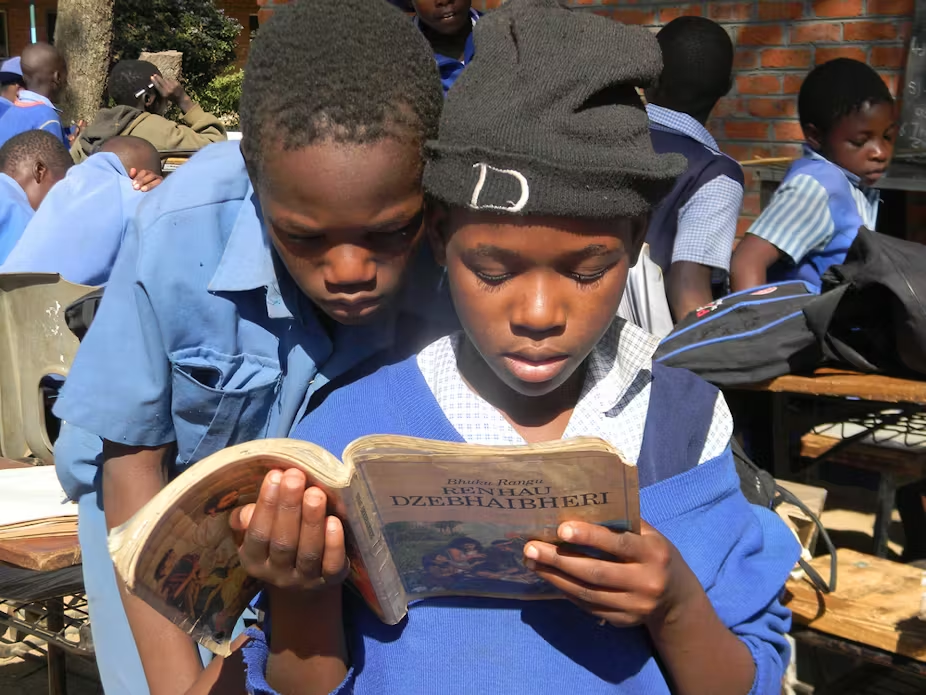
Senegal’s Catholic schools continue to defy national educational challenges, posting an extraordinary 91.69% success rate in the 2025 baccalaureate exams—more than double the country’s average of 42.85%.
This remarkable achievement, announced by the Diocesan Office of Catholic Education (ODEC) in Dakar, stands as a beacon of excellence amid a turbulent educational landscape.
Rooted in missionary foundations dating back to the 19th century, Senegal’s Catholic educational network evolved significantly through the 20th century. The diocesan coordination in Dakar became a pivotal hub between 1950 and 1970, culminating in official government recognition in 1987, which established a clear legal framework for their operation. This long journey has fused religious tradition with pedagogical rigor and social openness, welcoming students of diverse beliefs while affirming a distinctly Christian identity.
Abbot Georges G. Diouf, director of ODEC-Dakar, encapsulates the ethos behind this success: “We renew here our commitment to work for the promotion of the human person in all its dimensions and to serve Senegalese society through this Church structure that is the Catholic School.”
Inspired by Pope John Paul II’s vision, the approach nurtures the student intellectually, physically, socially, and spiritually, ensuring holistic development.
ODEC-affiliated schools maintain a tacit pact never to fall below a 90% pass rate. Achieving this ambitious goal demands strict supervision, collective discipline, and active family involvement—a moral contract ingrained in each institution’s culture that consistently produces outstanding outcomes.
Beyond academic excellence, these schools emphasize a vital social mission.
Open to students from varied, often modest, and predominantly Muslim backgrounds, Catholic schools champion inclusivity and support every learner’s potential rather than selecting solely on merit.
As Senegal’s public education system faces resource shortages and fragile oversight, Catholic schools emerge as a stable, credible alternative.
Their success challenges policymakers to reconsider national education strategies, demonstrating that excellence is attainable when core educational values are upheld—even amid constraints.
In Senegal’s quest for a brighter future, the Catholic school model shines as a guiding compass, proving that commitment and values can transform education against the odds.



